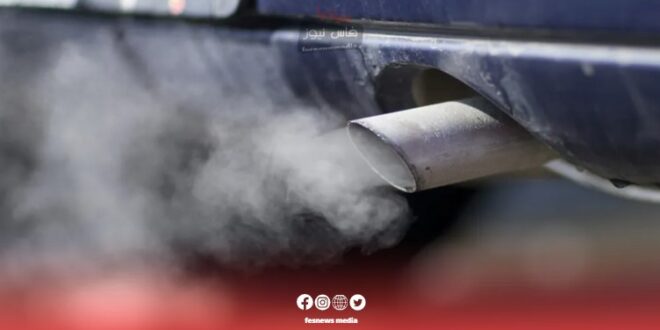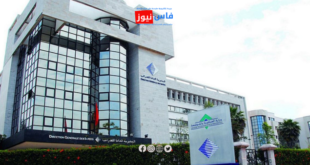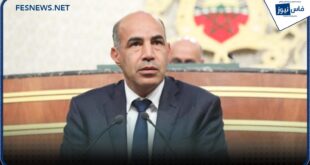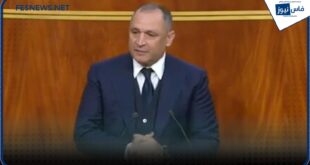The Moroccan Administration of Customs and Indirect Taxes has announced its plan to implement a series of new measures aimed at increasing its revenue from the fuel sector. This move comes as part of its five-year strategy extending from 2024 to 2028.
Key measures to be implemented include:
- Introducing a new tax system linked to carbon dioxide emissions.
- Applying a carbon tax.
- Eliminating exceptional privileges in the sector.
The plan also includes measures to combat fraud in the fuel sector, with the administration intending to:
- Impose specification books on fuel depots.
- Implement a tax stamp system.
- Address tax challenges related to fuels.
These measures aim to improve control over the sector and increase transparency in transactions, which could lead to a significant increase in the state’s tax revenues.
This approach comes in the context of government efforts to improve the performance of the financial sector and strengthen public treasury resources, especially in light of the economic challenges facing the kingdom.
The new measures are expected to elicit varied reactions from both fuel sector stakeholders and consumers alike. It will be important to monitor how these measures are implemented and their impact on fuel prices and the Moroccan economy in general.
No specific date has been announced yet for the start of implementing these measures, and the Customs Administration is expected to provide more details in the coming weeks.
This development reflects Morocco’s efforts to modernize its tax system and align it with environmental concerns, particularly regarding carbon emissions. The introduction of a carbon tax and a system linked to CO2 emissions suggests a move towards more environmentally conscious policies, potentially encouraging cleaner energy use.
The planned elimination of exceptional privileges in the sector could level the playing field for businesses but might also lead to increased costs that could be passed on to consumers.
The focus on combating fraud through measures like tax stamps and stricter controls on fuel depots indicates a push for greater accountability and transparency in the fuel sector, which has often been vulnerable to illegal practices in many countries.
As these changes unfold, it will be crucial to observe their effects on fuel prices, consumer behavior, and overall economic indicators in Morocco. The success of these measures could potentially serve as a model for other countries in the region looking to reform their fuel sector taxation and regulation.
 فاس نيوز ميديا جريدة الكترونية جهوية تعنى بشؤون و أخبار جهة فاس مكناس – متجددة على مدار الساعة
فاس نيوز ميديا جريدة الكترونية جهوية تعنى بشؤون و أخبار جهة فاس مكناس – متجددة على مدار الساعة












